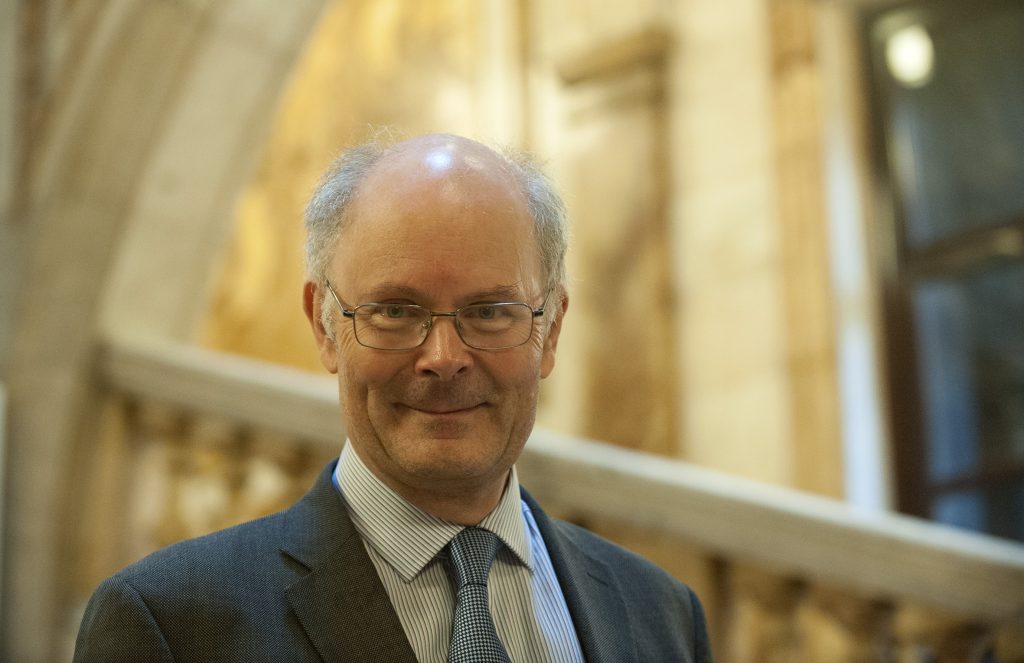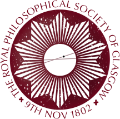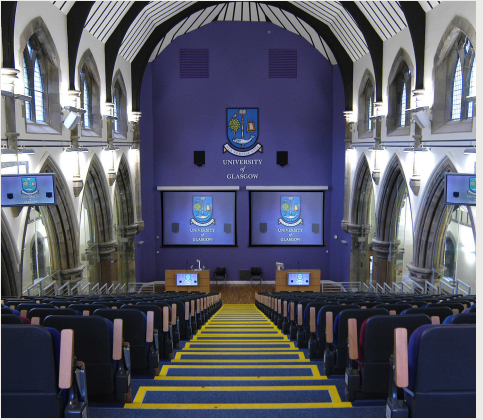
Summary
The UK has long had a two-party system in which seats and votes have been dominated by the Conservatives and Labour. However, for the first time as many as five parties fought most of the seats in Great Britain in 2024. More third-party MPs were elected than at any election since 1923. Meanwhile, the share of the vote won by the Conservatives and Labour combined fell to its lowest level since 1922, the first election at which Labour emerged as the principal challengers to the Conservatives.
In this lecture Professor Curtice will assess the prospects for the two-party system in the wake of the 2024 election. He will assess both the short-term and the longer-term forces that help explain why both the Conservatives and Labour won so few votes. And he will assess why third parties were able to buck an electoral system that is meant to limit their representation.

